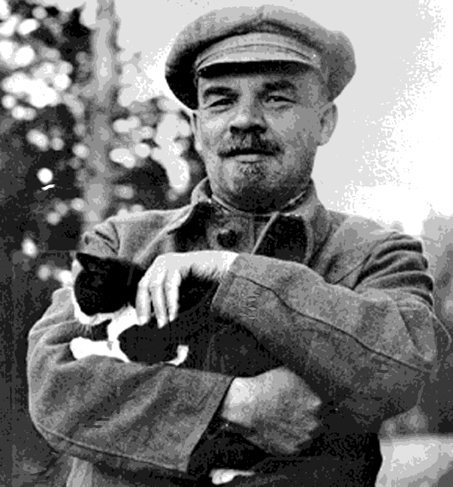- 03 Jan 2014 14:58
#14348142
Somewhat bizarre quoting a liberal about that, but okay. Yes, that is correct.
A long-winded way of saying that wants are infinite, how about proving it? The indifference curve in microeconomic theory indicates a satiation point for any basket of goods.
By law of dialectics that is identical to collective property.

As Bastiat said, once people can essentially satisfy all of their wants at will then communism can work.
Somewhat bizarre quoting a liberal about that, but okay. Yes, that is correct.
Things like 3-D printers are a step toward that but certainly not anywhere near the whole way there. The 3-D printer that synthesises food out of the air and make Jetson's food will be another step but certainly not anywhere near the whole way there. 3-D printers that can print personal Star Trek transportation devices powered from their biological waste will be a step toward it but certainly not anywhere near the whole way there.
A long-winded way of saying that wants are infinite, how about proving it? The indifference curve in microeconomic theory indicates a satiation point for any basket of goods.
On the contrary, such things would wither supply chains and decentralize production, undermining the centralized concept of the means of production belonging to society collectively - which is integral to the Marxist path to communism - in favor of individual private and co-operative property.
If we actually reached the far advanced stage of technology such that the most abundant materials can be transformed into basically anything a person needs (carbon may point to this, because we're discovering it has a kabrillion allotropes that can do a kabrillion things), then the result is not communism, but distributism, as private property in energy and production becomes easily replicable and spreads to all.
By law of dialectics that is identical to collective property.


























 - By wat0n
- By wat0n - By Rancid
- By Rancid